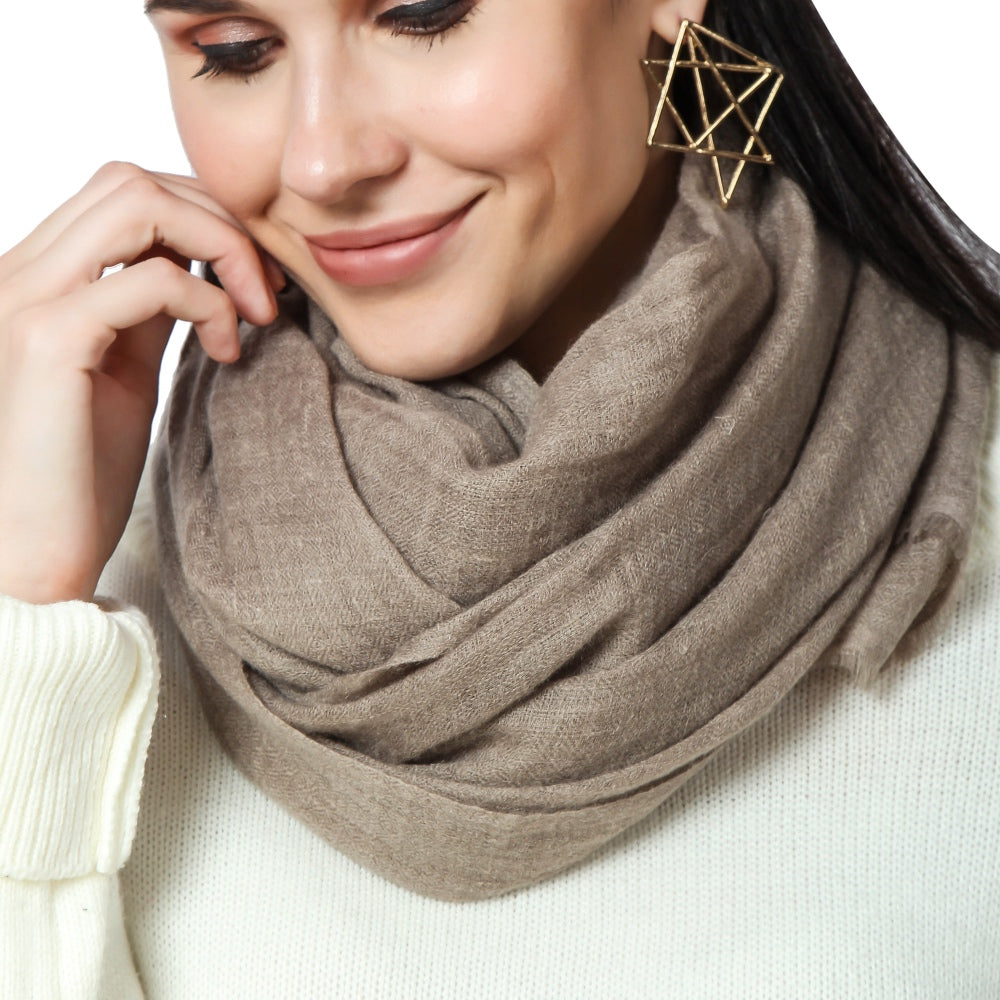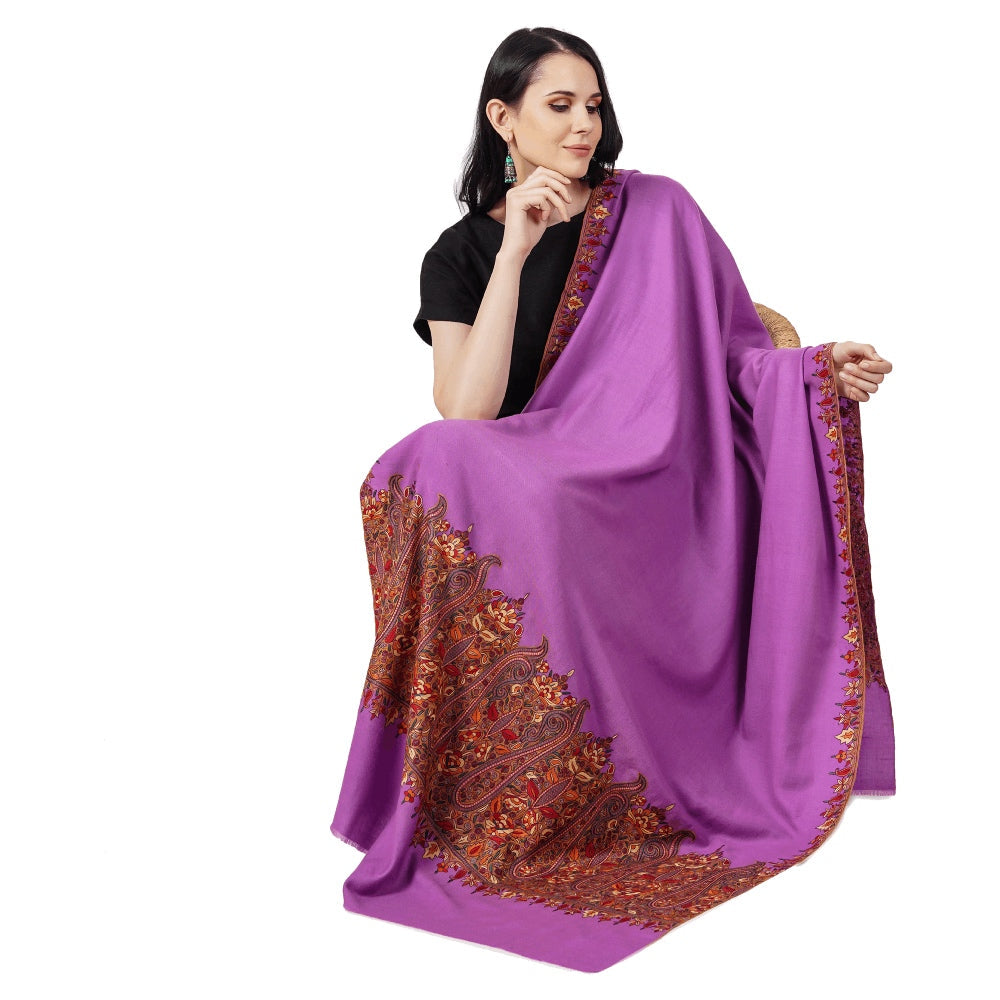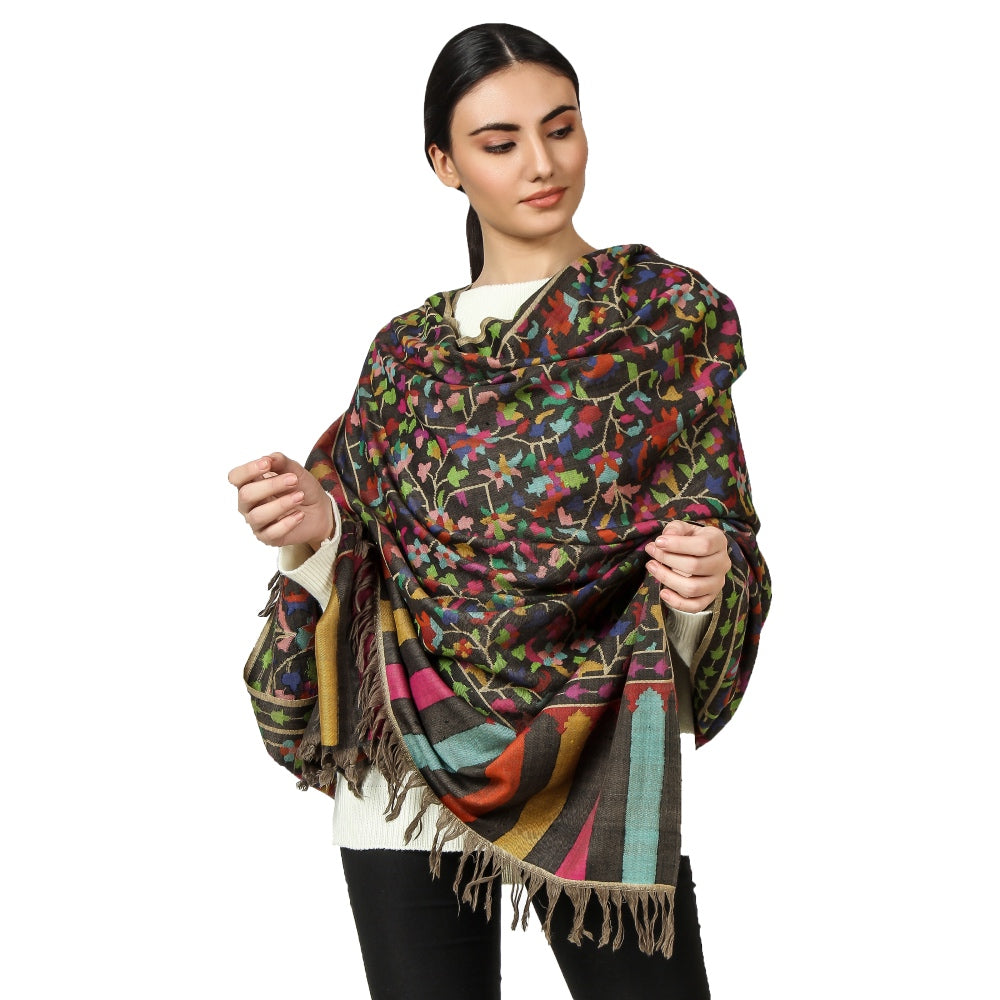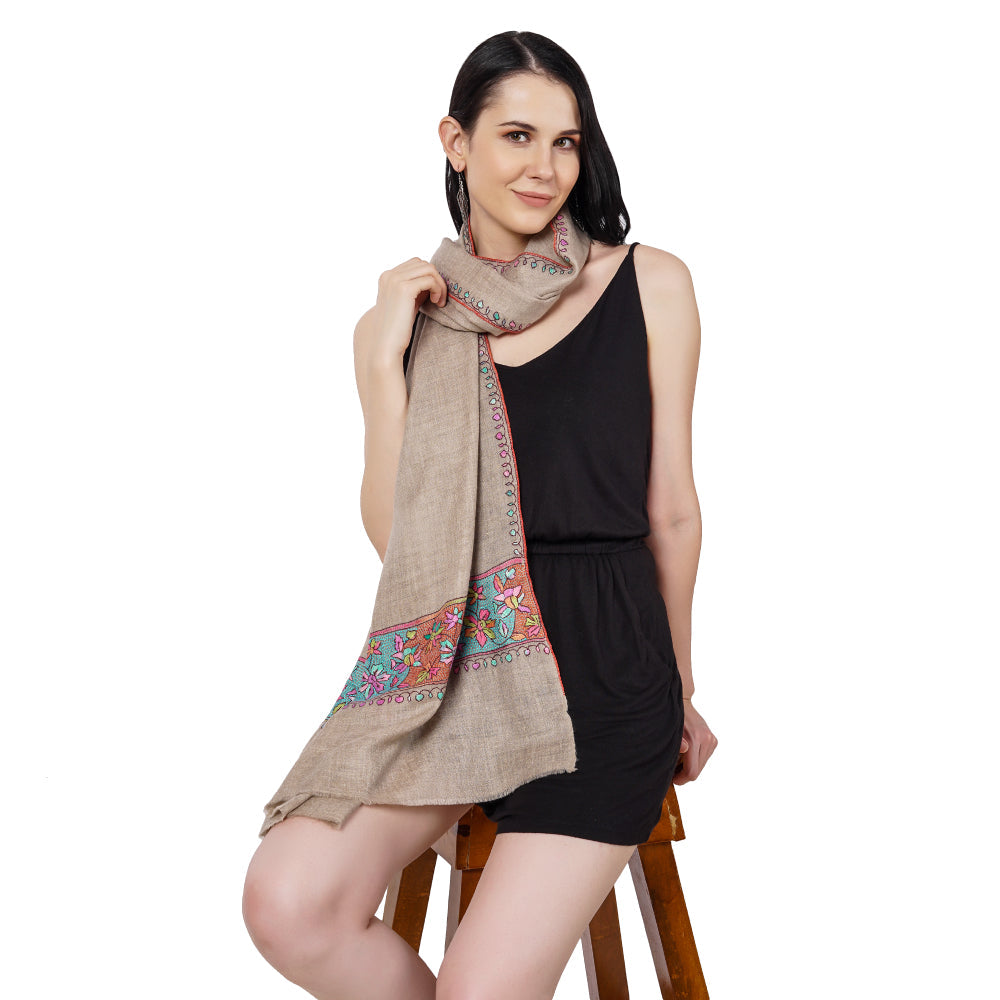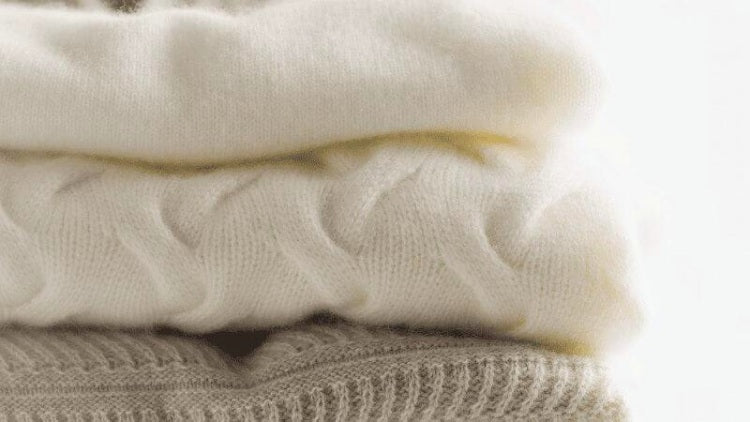
Is Cashmere Itchy? A Comprehensive Guide
Share
Cashmere is a luxurious wool that is highly prized for its warmth, softness, and durability. However, many people wonder if cashmere is itchy. In this comprehensive guide, we will explore the properties of cashmere, the factors that affect its itchiness, and how to care for cashmere to ensure it remains in top condition.
What is Cashmere?

Cashmere is a type of wool that is obtained from the soft undercoat of Cashmere goats. The fibers are extremely fine and soft, making cashmere a highly sought-after material for clothing and accessories. The fibers are harvested by combing the goats, and the quality of the fibers can vary depending on the breed, age, and health of the animal.
Also read: How to tell if Cashmere is Real
How Cashmere is Made

The process of making cashmere involves harvesting the wool, cleaning it, and then spinning it into yarn. The wool is then woven or knitted into various clothing and accessories such as sweaters, scarves, hats, and gloves. The process is delicate, and it requires skilled artisans to create high-quality cashmere products.
Is Cashmere Itchy?
Cashmere is not inherently itchy, but some people may find it to be so. The itchiness of cashmere is influenced by several factors, including the quality of the cashmere, the weave of the fabric, and the sensitivity of the wearer's skin.
Factors that Affect the Itchiness of Cashmere
The quality of the cashmere is a significant factor in its itchiness. High-quality cashmere fibers are longer and finer, resulting in a softer and less itchy material. Lower quality cashmere may have shorter fibers, which can be prickly and cause irritation.
The weave of the fabric is also a factor in the itchiness of cashmere. A tight weave will make the material less itchy as it reduces the chances of the fibers rubbing against the skin. A looser weave, on the other hand, may result in more contact between the fibers and the skin, causing irritation.
Lastly, the sensitivity of the wearer's skin plays a role in whether or not cashmere will be itchy. Some people are more sensitive to certain materials, including wool, and may experience more discomfort when wearing cashmere.
How to Tell if Cashmere is Itchy
The best way to tell if cashmere is itchy is to try it on. If the material feels scratchy or uncomfortable against the skin, then it is likely to be itchy. However, it is essential to note that the first time wearing cashmere, it may feel slightly itchy due to the natural oils and fibers that may not have been removed during the production process.
Benefits of Cashmere
Despite the question of itchiness, cashmere has several benefits that make it a popular choice for clothing and accessories. Some of the benefits include:
Warmth
Cashmere is an incredibly warm material that is perfect for cold weather. The fibers trap heat and insulate the body, making it a cozy and comfortable choice for winter wear.
Softness
Cashmere is also incredibly soft, making it a comfortable choice for clothing and accessories. The fibers are finer and softer than traditional wool, making it a luxurious and indulgent material to wear.
Durability
High-quality cashmere is incredibly durable and can last for many years. The fibers are stronger than traditional wool, making it resistant to pilling, stretching, and damage from everyday wear and tear.
Style
Cashmere is a luxurious material that adds a touch of sophistication to any outfit. It is a classic and timeless material that never goes out of style, making it a valuable addition to any wardrobe.
How to Care for Cashmere

Proper care is essential to ensure that cashmere remains in top condition and does not become itchy over time. Here are some tips for caring for cashmere:
Washing
Cashmere should be washed by hand in cold water using a gentle detergent. Avoid using fabric softeners or harsh chemicals as they can damage the fibers. After washing, gently squeeze out excess water and lay the item flat to dry.
Storage
When not in use, cashmere should be stored in a cool, dry place to prevent mildew and moths. It is recommended to store cashmere in a sealed container with cedar blocks or lavender sachets to deter moths.
Maintenance
To prevent pilling, it is recommended to brush cashmere regularly with a soft-bristled brush. If pilling occurs, it can be removed using a cashmere comb or pumice stone.
Also read: Maximizing the Life of your Cashmere Scarf
Conclusion
In conclusion, cashmere is not inherently itchy, but its itchiness is influenced by several factors such as the quality of the material, the weave of the fabric, and the sensitivity of the wearer's skin. However, cashmere also has several benefits that make it a popular choice for clothing and accessories, including warmth, softness, durability, and style. Proper care is essential to ensure that cashmere remains in top condition and does not become itchy over time. With the right care, cashmere can be a luxurious and comfortable addition to any wardrobe.

